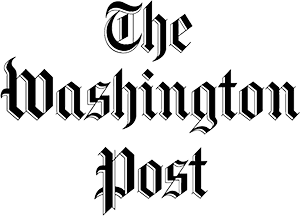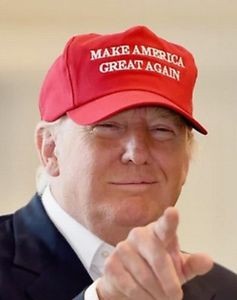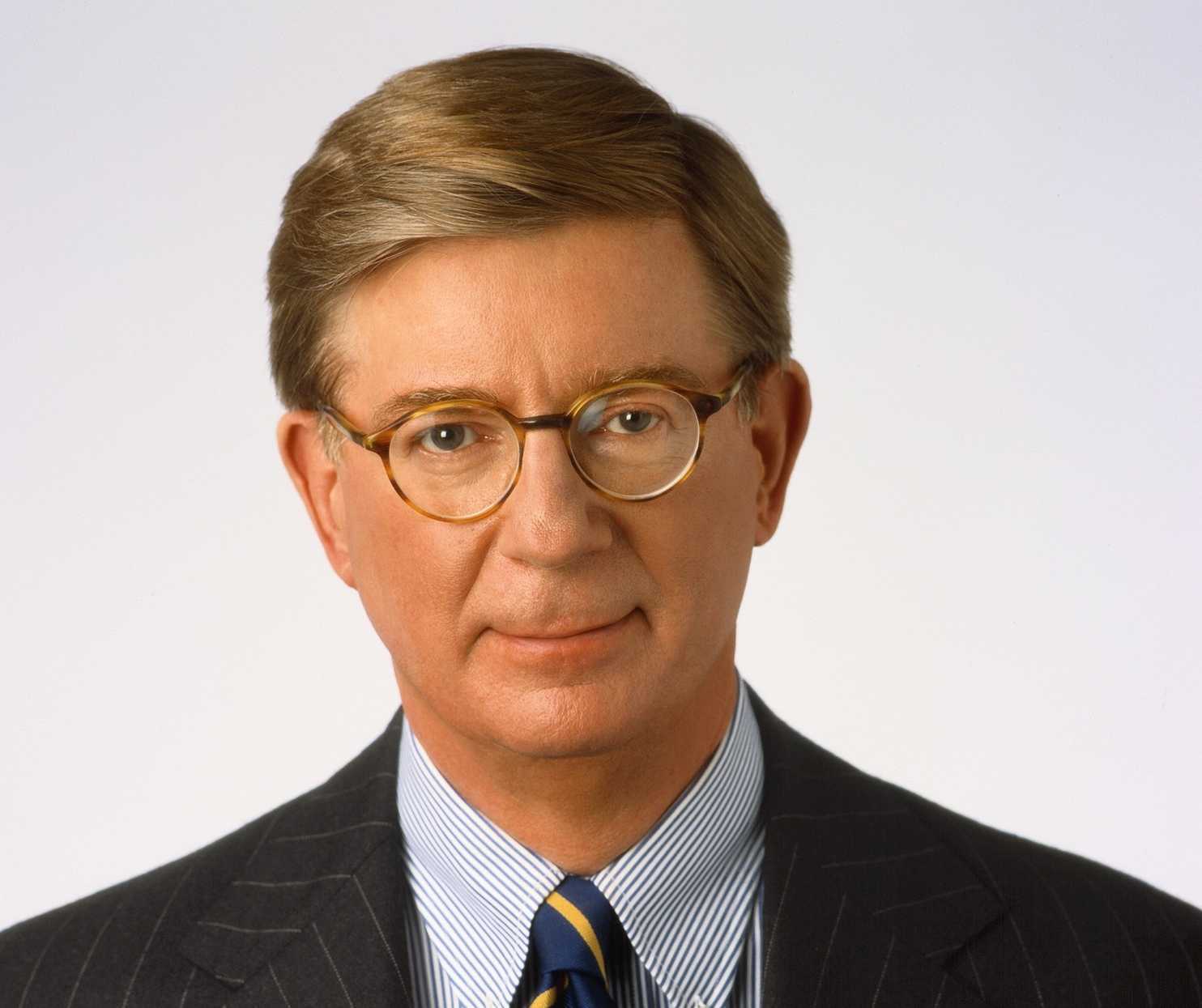
In February, acknowledging Black History Month, Trump said that “Frederick Douglass is an example of somebody who’s done an amazing job and is getting recognized more and more, I notice.”
Because Trump is syntactically challenged, it was possible and tempting to see this not as a historical howler about a man who died 122 years ago, but as just another of Trump’s verbal fender benders, this one involving verb tenses.
 Now, however, he has instructed us that Andrew Jackson was angry about the Civil War that began 16 years after Jackson’s death.
Now, however, he has instructed us that Andrew Jackson was angry about the Civil War that began 16 years after Jackson’s death.
Having, let us fancifully imagine, considered and found unconvincing William Seward’s 1858 judgment that the approaching Civil War was “an irrepressible conflict,” Trump says:
“People don’t realize, you know, the Civil War, if you think about it, why? People don’t ask that question, but why was there the Civil War? Why could that one not have been worked out?”
Library shelves groan beneath the weight of books asking questions about that war’s origins, so who, one wonders, are these “people” who don’t ask the questions that Trump evidently thinks have occurred to him uniquely?
Presumably, they are not the astute “lot of,” or at least “some,” people Trump referred to when speaking about his February address to a joint session of Congress: “A lot of people have said that, some people said it was the single best speech ever made in that chamber.” Which demotes Winston Churchill, among many others.
What is most alarming (and mortifying to the University of Pennsylvania, from which he graduated) is not that Trump has entered his eighth decade unscathed by even elementary knowledge about the nation’s history.
As this column has said before, the problem isn’t that he does not know this or that, or that he does not know that he does not know this or that. Rather, the dangerous thing is that he does not know what it is to know something.
The United States is rightly worried that a strange and callow leader controls North Korea’s nuclear arsenal.
North Korea should reciprocate this worry. Yes, a 70-year-old can be callow if he speaks as sophomorically as Trump did when explaining his solution to Middle Eastern terrorism: “I would bomb the s— out of them. . . . I’d blow up the pipes, I’d blow up the refineries, I’d blow up every single inch, there would be nothing left.”
As a candidate, Trump did not know what the nuclear triad is.
Asked about it, he said: “We have to be extremely vigilant and extremely careful when it comes to nuclear. Nuclear changes the whole ballgame.” Invited to elaborate, he said: “I think — I think, for me, nuclear is just the power, the devastation is very important to me.”
Someone Trump deemed fit to be a spokesman for him appeared on television to put a tasty dressing on her employer’s word salad: “What good does it do to have a good nuclear triad if you’re afraid to use it?” To which a retired Army colonel appearing on the same program replied with amazed asperity: “The point of the nuclear triad is to be afraid to use the damn thing.”
As president-elect, Trump did not know the pedigree and importance of the one-China policy. About such things he can be, if he is willing to be, tutored.
It is, however, too late to rectify this defect: He lacks what T.S. Eliot called a sense “not only of the pastness of the past, but of its presence.” His fathomless lack of interest in America’s path to the present and his limitless gullibility leave him susceptible to being blown about by gusts of factoids that cling like lint to a disorderly mind.
Americans have placed vast military power at the discretion of this mind, a presidential discretion that is largely immune to restraint by the Madisonian system of institutional checks and balances.
So, it is up to the public to quarantine this presidency by insistently communicating to its elected representatives a steady, rational fear of this man whose combination of impulsivity and credulity render him uniquely unfit to take the nation into a military conflict.


